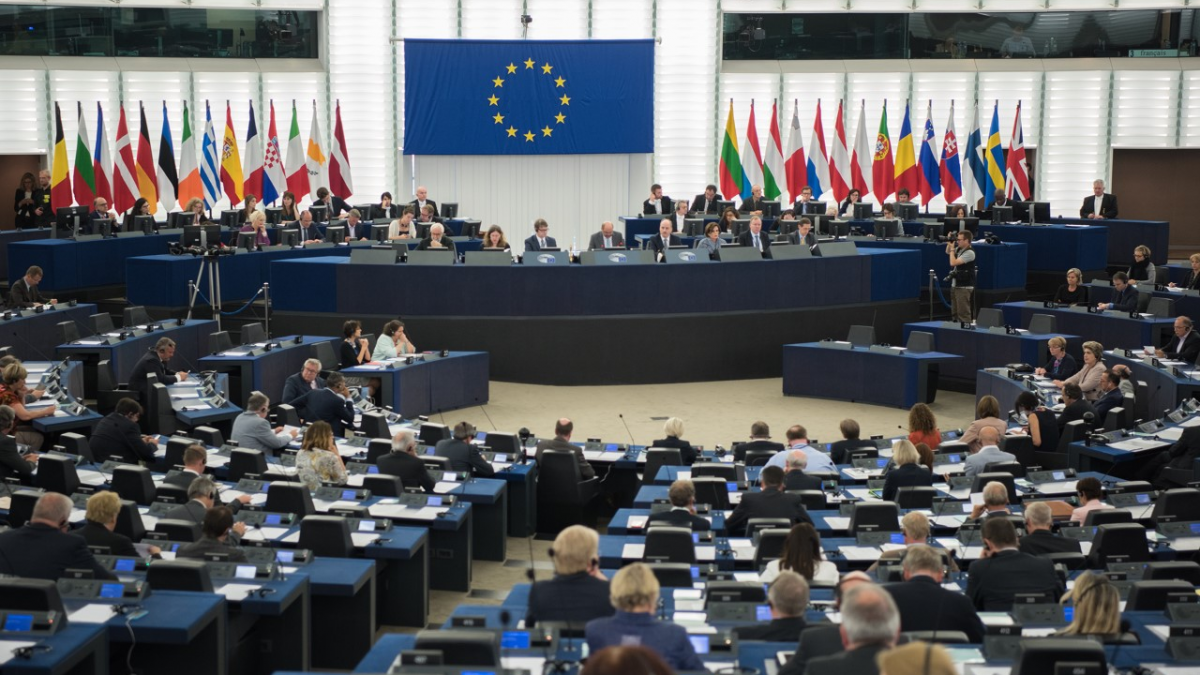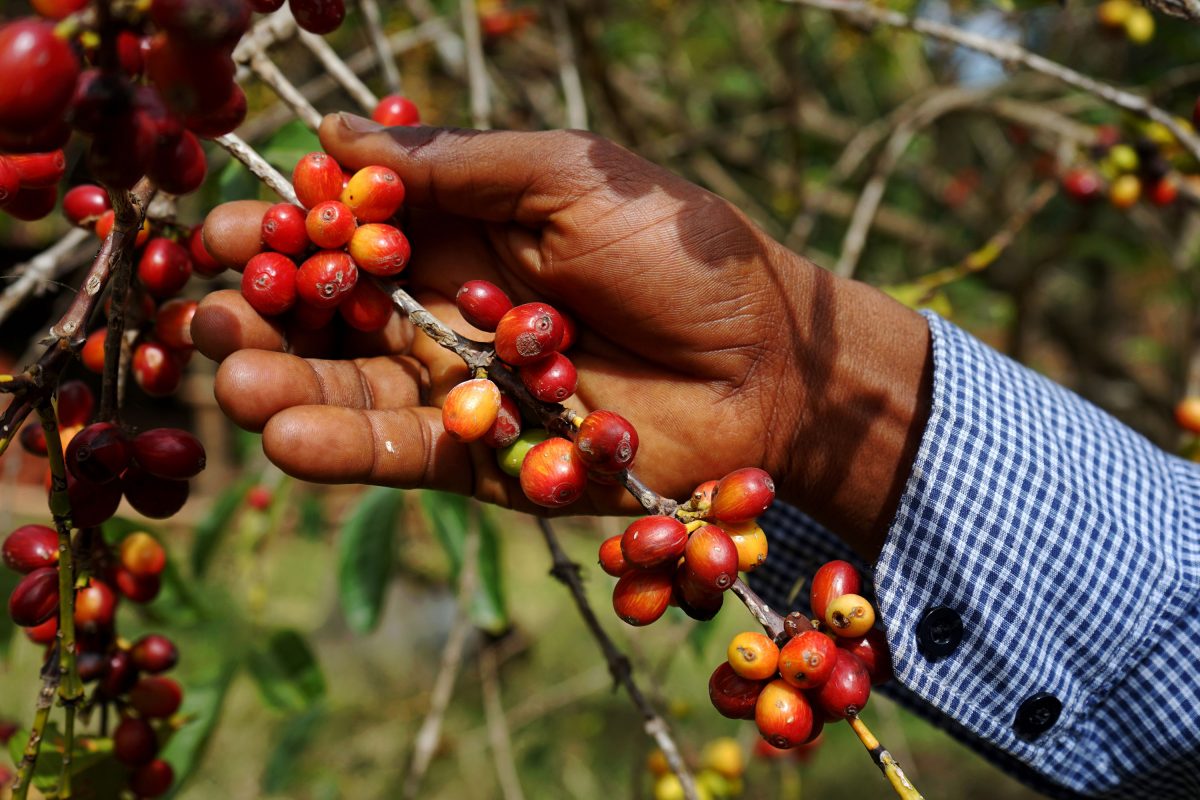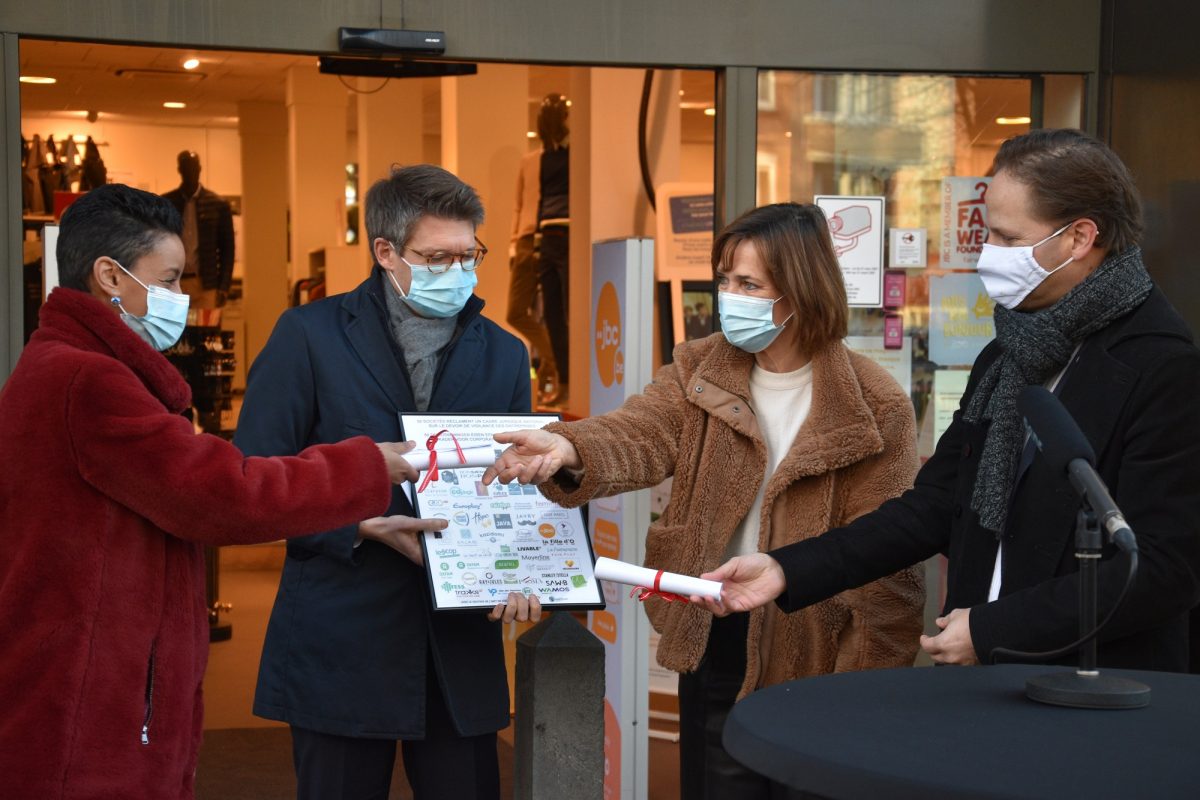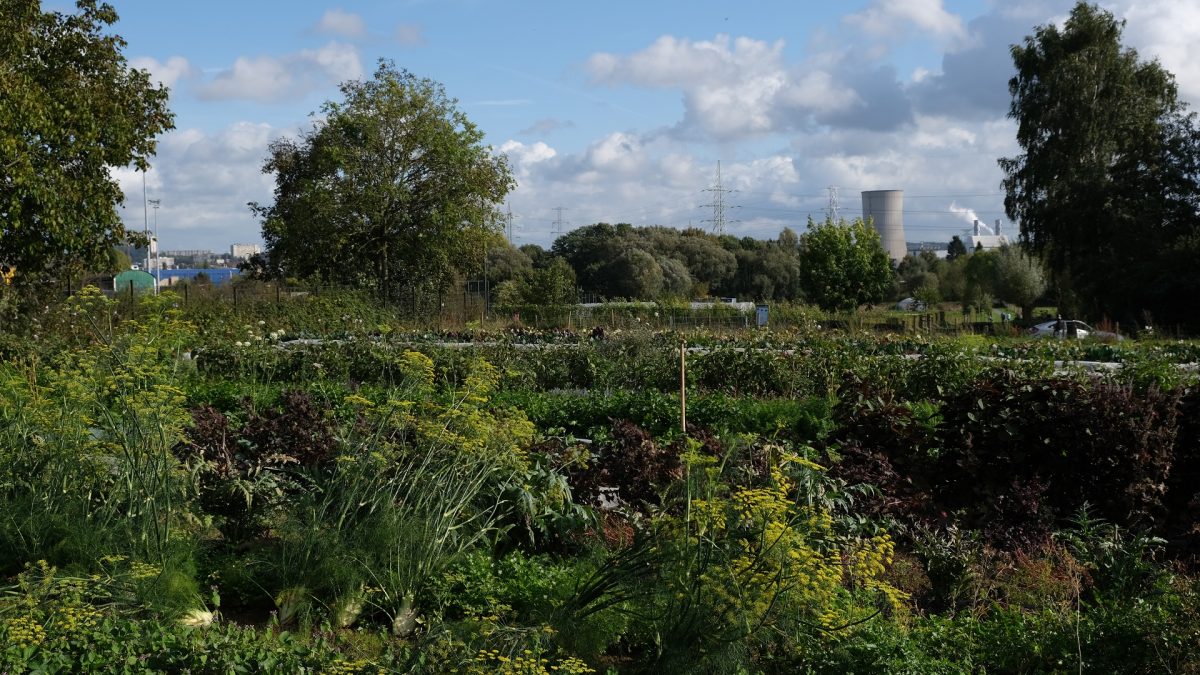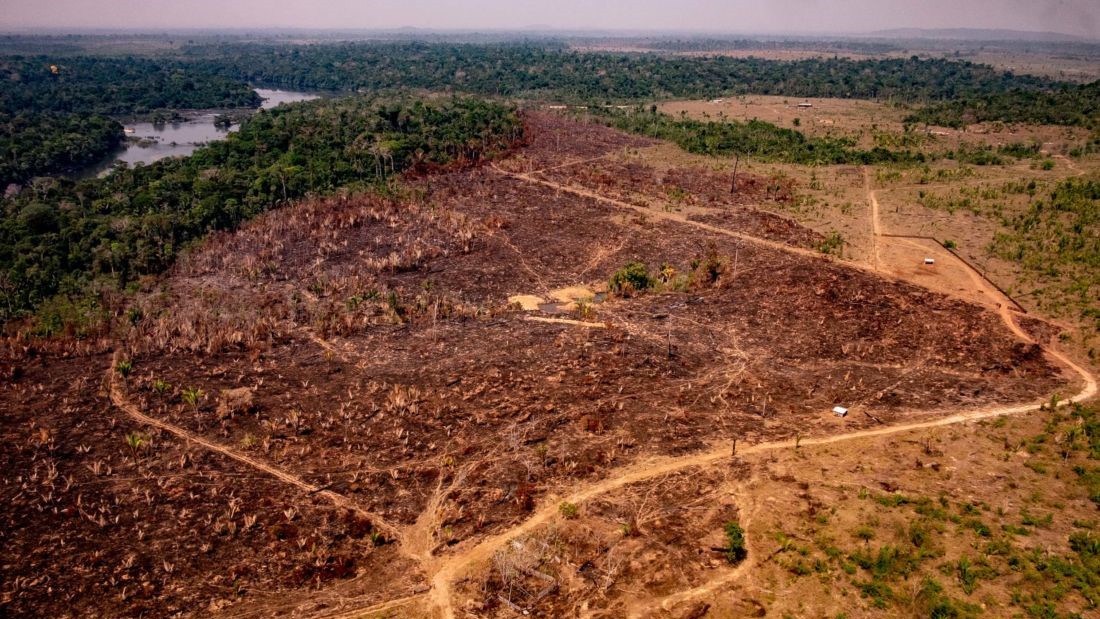MEPs are calling for binding legislation that makes companies accountable for any violations of social and environmental rights in their supply chains. The European Commission plans to submit a draft directive in June. During its plenary session on 10 March 2021, the European Parliament adopted a resolution on corporate due diligence – corporate social responsibility […]
